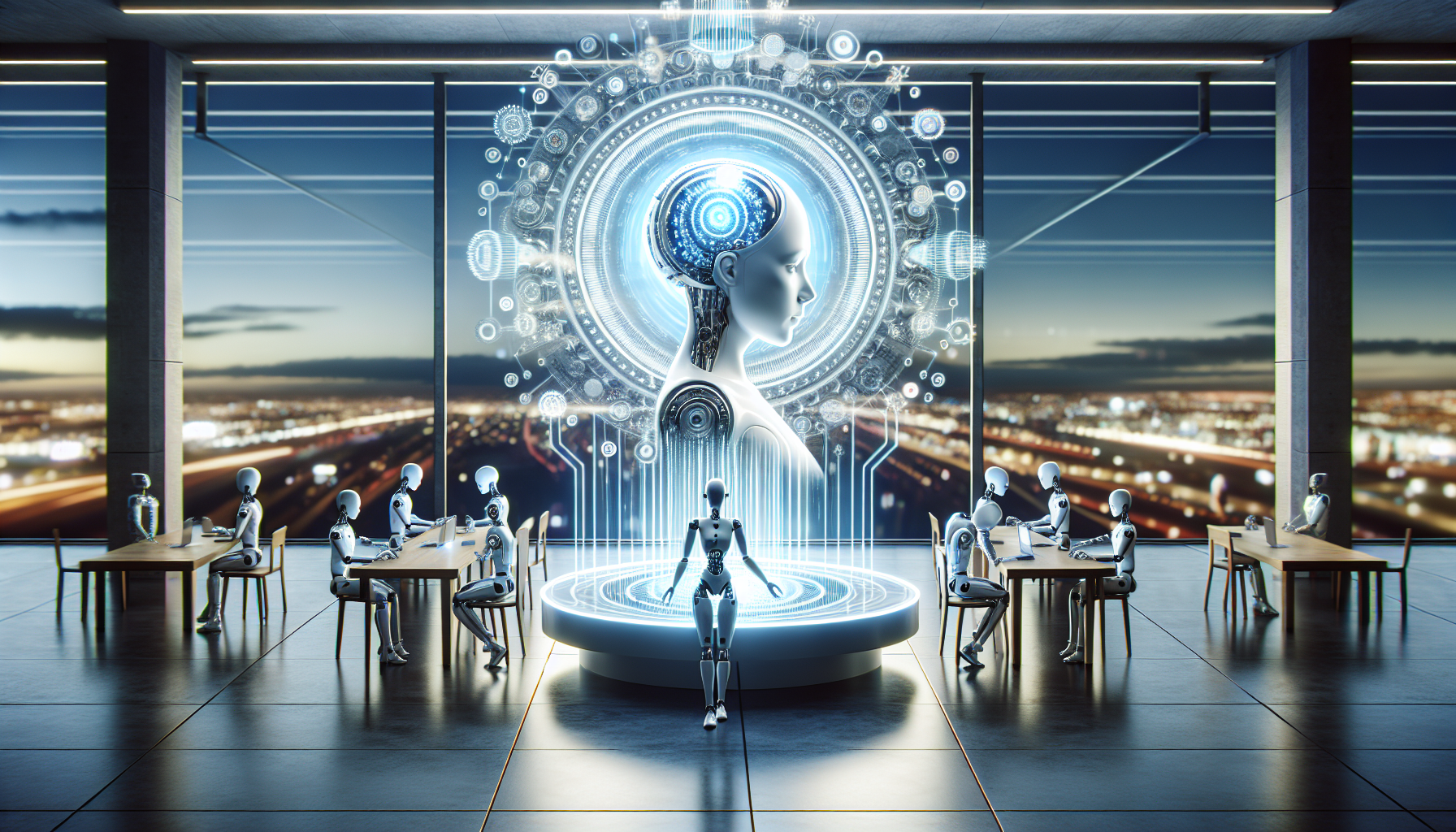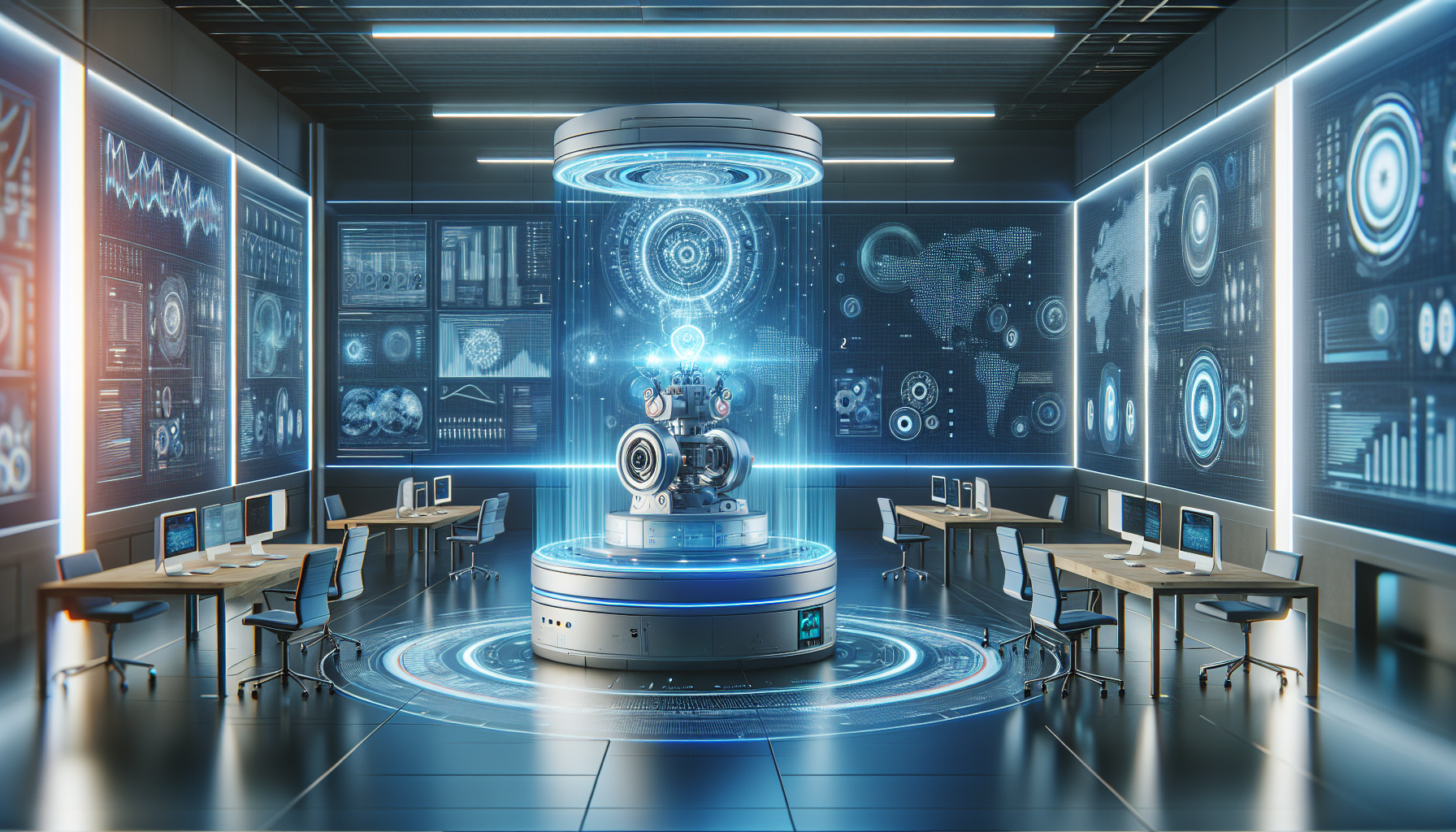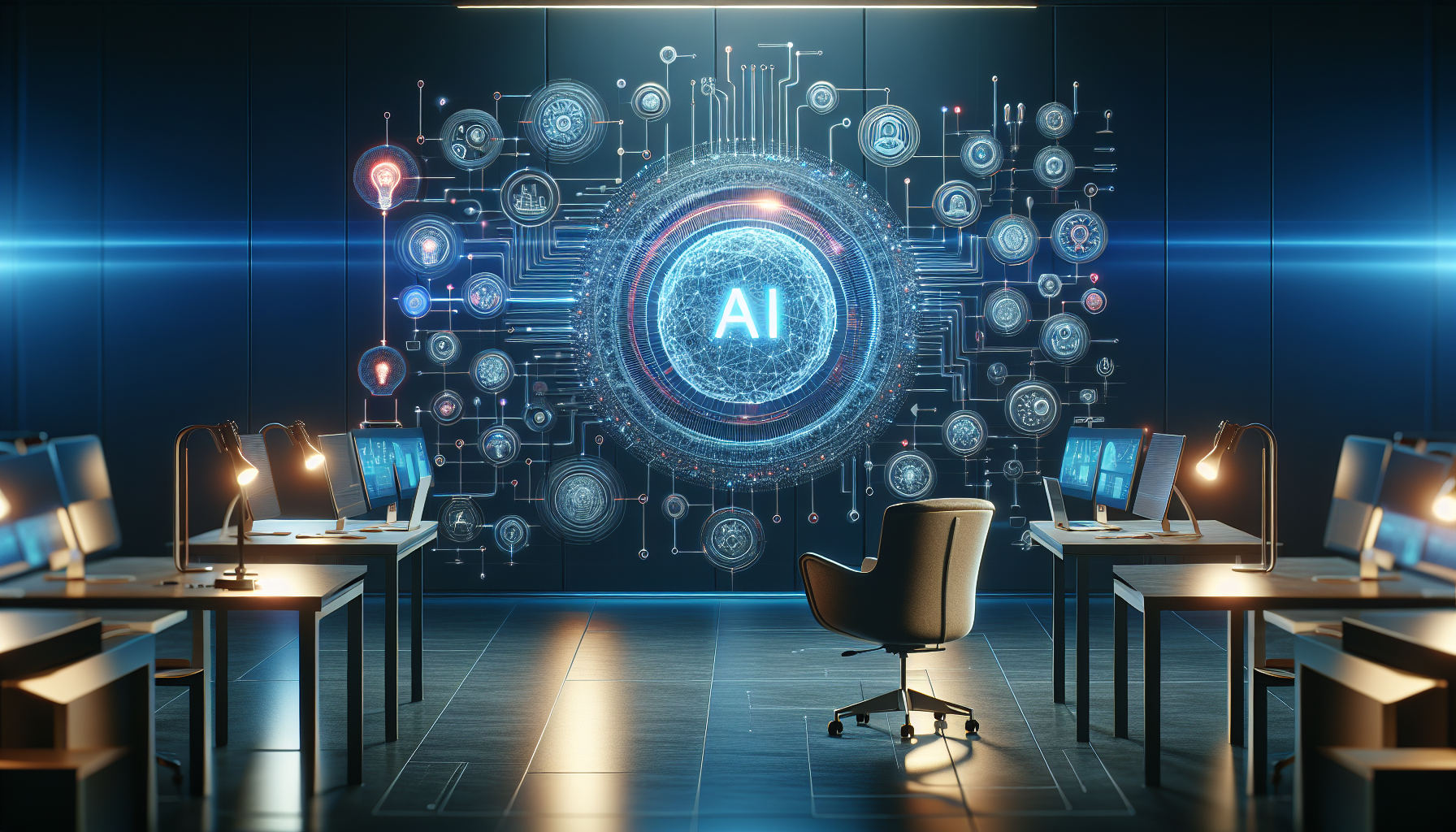
AI and Climate Change: Harnessing Technology for a Greener Planet
June 11, 2025
Once upon a time, the idea of machines thinking and learning like humans was the stuff of science fiction. Fast forward to today, and artificial intelligence is not only a reality but a driving force in tackling one of humanity's greatest challenges: climate change. As we explore the fascinating intersection of AI and climate action, let's take a stroll down memory lane to see how far we've come and where we might be headed.
Back in the day, environmentalists relied heavily on manual methods to gather climate data. Imagine scientists trudging through forests, notebooks in hand, jotting down every leaf's hue and every tree's height. Fast forward to now, and AI has revolutionized this process. By analyzing satellite imagery, algorithms can now assess deforestation rates in real-time, offering insights that were once impossible to glean. These AI systems, trained to recognize patterns and anomalies, provide a bird's-eye view of our planet's health, enabling quicker and more informed decisions.
But AI's role in combating climate change extends far beyond monitoring forests. One of the lesser-known heroes in this narrative is the development of AI-driven energy management systems. Picture this: sprawling cities where energy demands fluctuate wildly throughout the day. Traditionally, balancing energy supply and demand was a complex and inefficient process. Enter AI. By predicting energy usage patterns and optimizing the distribution of resources, AI systems can significantly reduce waste and improve the efficiency of renewable energy sources like solar and wind.
And speaking of renewables, AI is making waves (pun intended) in optimizing their deployment. Consider wind farms. Placing a turbine isn't just about finding a windy spot—it's about maximizing efficiency. AI models use historical weather data and predictive analytics to determine the optimal locations for these turbines, ensuring that every gust of wind is harnessed to its full potential. This not only boosts energy production but also makes renewable energy more financially viable.
Let's not forget agriculture, a sector both impacted by and contributing to climate change. Here, AI is helping farmers adapt to shifting climates by providing precise forecasts and crop management advice. By analyzing data from a myriad of sources—soil sensors, weather patterns, and even past harvests—AI can suggest the best times to plant, water, and harvest crops. This precision agriculture minimizes resource use and maximizes yield, a win-win for both the farmer and the environment.
But how did we get here? The journey of AI in climate action is a testament to human ingenuity and collaboration. Initially, AI research was siloed, with scientists working independently on niche problems. As climate change emerged as a global priority, there was a shift towards collaborative efforts. Researchers from diverse fields—computer science, environmental science, and even economics—began pooling their expertise. This multidisciplinary approach has been pivotal in developing AI solutions that address the multifaceted nature of climate change.
While the progress is undeniably exciting, it's also crucial to approach this technological revolution with a dose of caution. As with any tool, the potential for misuse exists. There's a burgeoning conversation around the ethics of AI, particularly concerning privacy and data security. As we deploy these powerful technologies, ensuring they are used responsibly and equitably is paramount. After all, the goal is to create a more sustainable and just world for everyone, not just a select few.
So, where do we go from here? The potential applications of AI in climate change mitigation are as vast as they are varied. Imagine AI systems capable of designing entire cities optimized for minimal environmental impact, or algorithms that can predict and mitigate natural disasters with pinpoint accuracy. While these ideas may sound ambitious, they are well within the realm of possibility given our current trajectory.
In contemplating the future of AI and climate change, one can't help but wonder: how will the story of AI evolve as it continues to intertwine with our planet's fate? Will we see a day where AI-driven solutions have not only mitigated the impacts of climate change but also reversed some of its most damaging effects? As we forge ahead, these questions invite us to dream big, think critically, and act with purpose. The narrative of AI and climate change is still being written, and each of us has a role to play in shaping its outcome.


